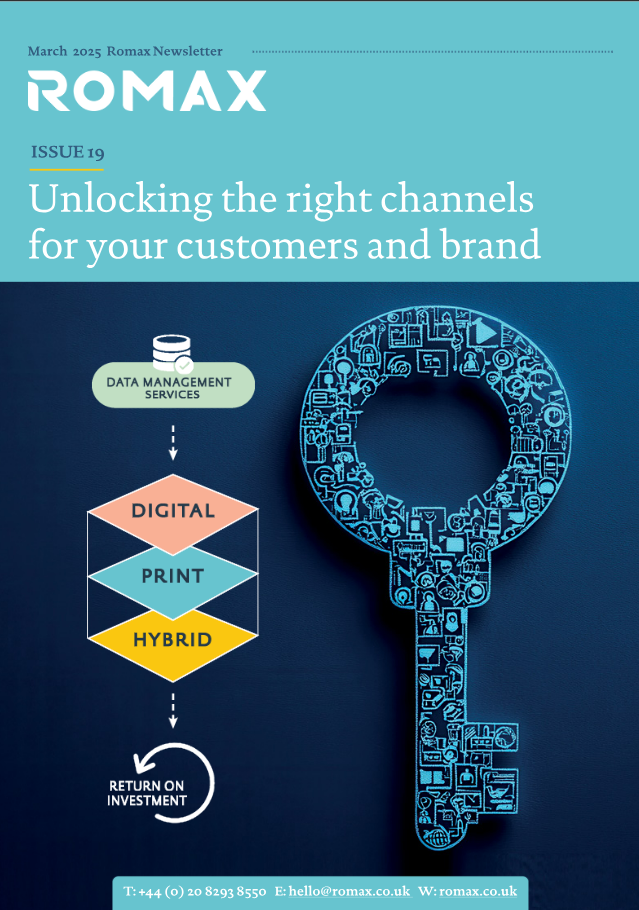
With the rise of online courses across a wide range of skills, training providers must now validate successful exam candidates in a way that is fit and appropriate for the digital age.
In an era where students seek more flexible and accessible learning opportunities, the way students demonstrate academic achievements and milestones is changing. The use of digital badges are quickly becoming popular in the education sector – offering a simpler, more efficient way of displaying credentials.
Many types of learning lack accreditation or recognition, including certain soft skills, for example, and digital badges can help to fill that void.
The result of accredited learning is usually a paper certificate, an email or a letter, none of which are particularly useful for sharing. Digital badges solve this.
An overview of the benefits of having a Digital Badge program
For e-Learners / Learners / Employees
All learners can earn badges based on their demonstrated skills and achievements, as recognised by their institution, establishment or employer.
The digital badges will allow learners to show off all the skills that they possess, and not just the ones that they’ve learned at school.
Attach badges to online resumes, job applications, and employer skills boards to showcase attained skill-sets.
Develop an easily shareable, digital portfolio of multiple skills.
For Educational Establishments / Organisations / Companies
Digital badges can be crafted for organisations according to their exact requirements, needs and priorities.
Reduce paper usage, carbon footprint and save money compared to issuing traditional skills verification equivalents.
The badges can be stored and distributed easily, for example, they can be sent instantly via e-mail to learners. Postage is not required.
Issuing and Revoking Features of Digital Badges
Badge verification and revoking is a feature of Romax Digital Badges, that helps to ensure the credibility and validity of badges earned by individuals. An open badge standard enables organisations to recognise and verify learning achievements using digital badges.
Each badge issued to an individual includes information regarding the issuer, the requirements for earning the badge, and evidence that the applicant has met those requirements. This information is stored in a digital format that can be easily shared and verified by others.
Verifying a badge involves comparing the badge information with the records of the issuer in order to confirm its legitimacy. By clicking on the badge image or link, you can view the badge’s metadata, including the badge’s issuer and criteria, as well as evidence that the badge was earned.
An individual’s badge can be revoked if he or she no longer meets the badge’s requirements or has engaged in fraudulent or unethical behaviour.
This can be done by the issuer, who has the ability to update or delete the metadata records associated with the badge.
« Digital First Digital Membership Cards »



